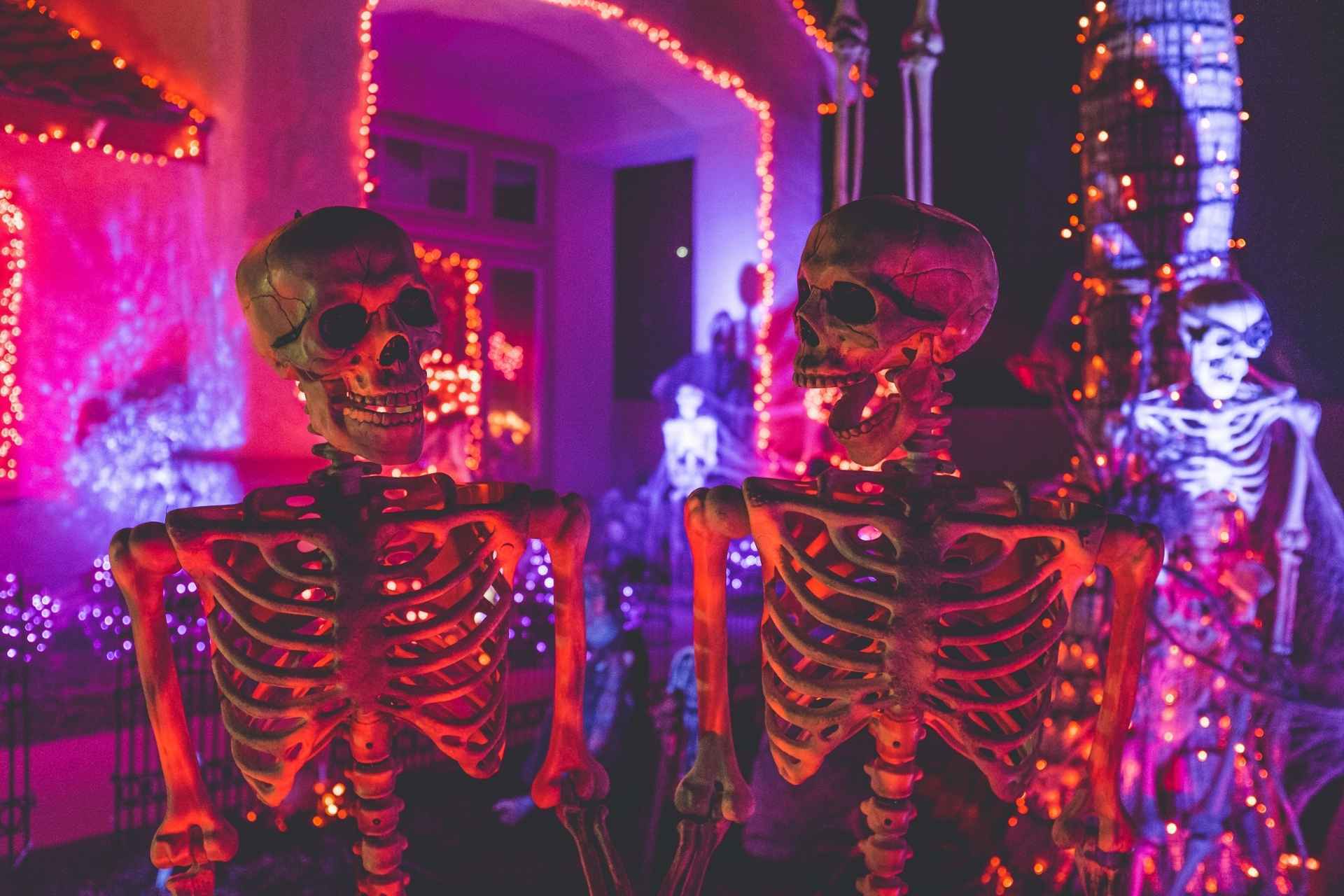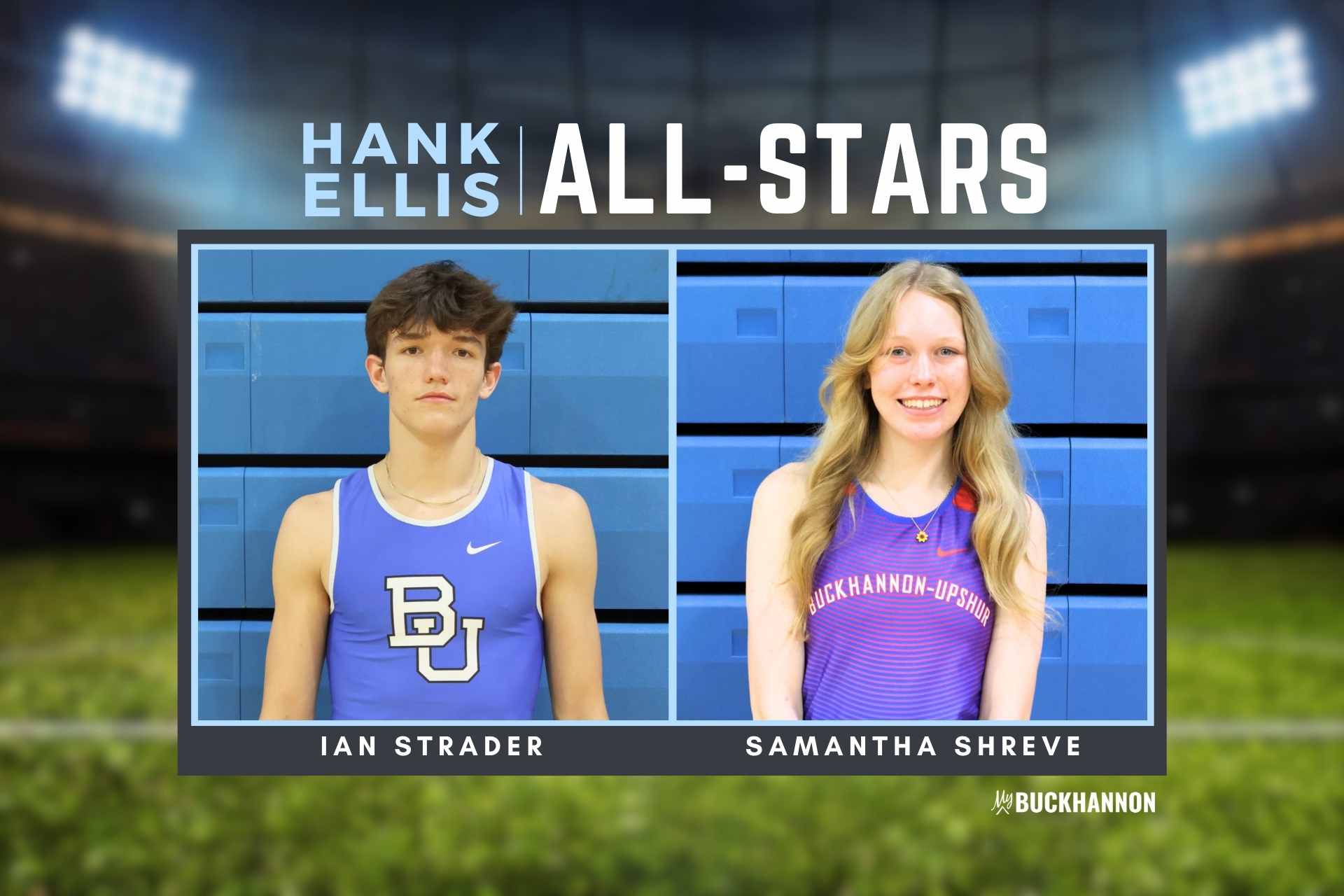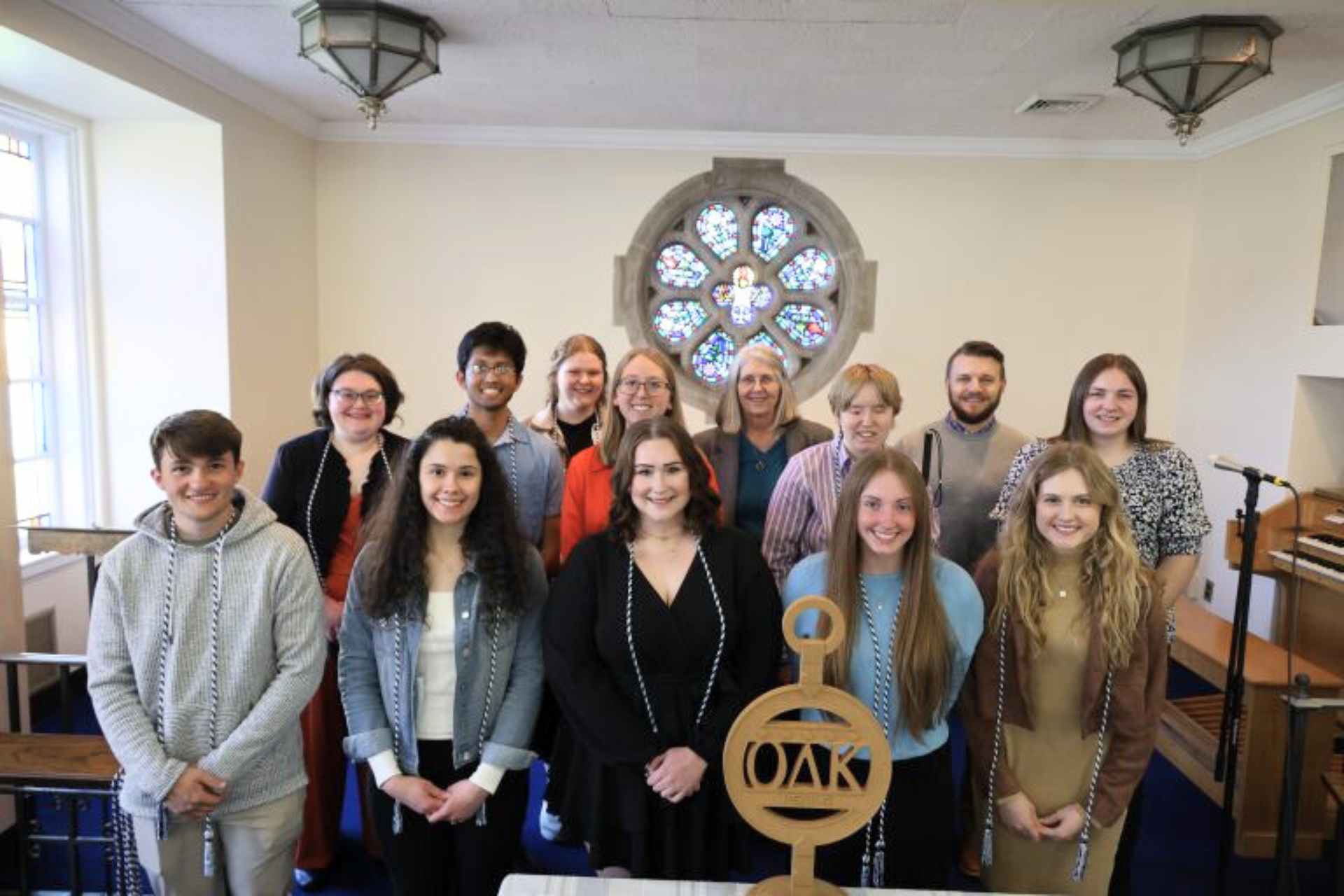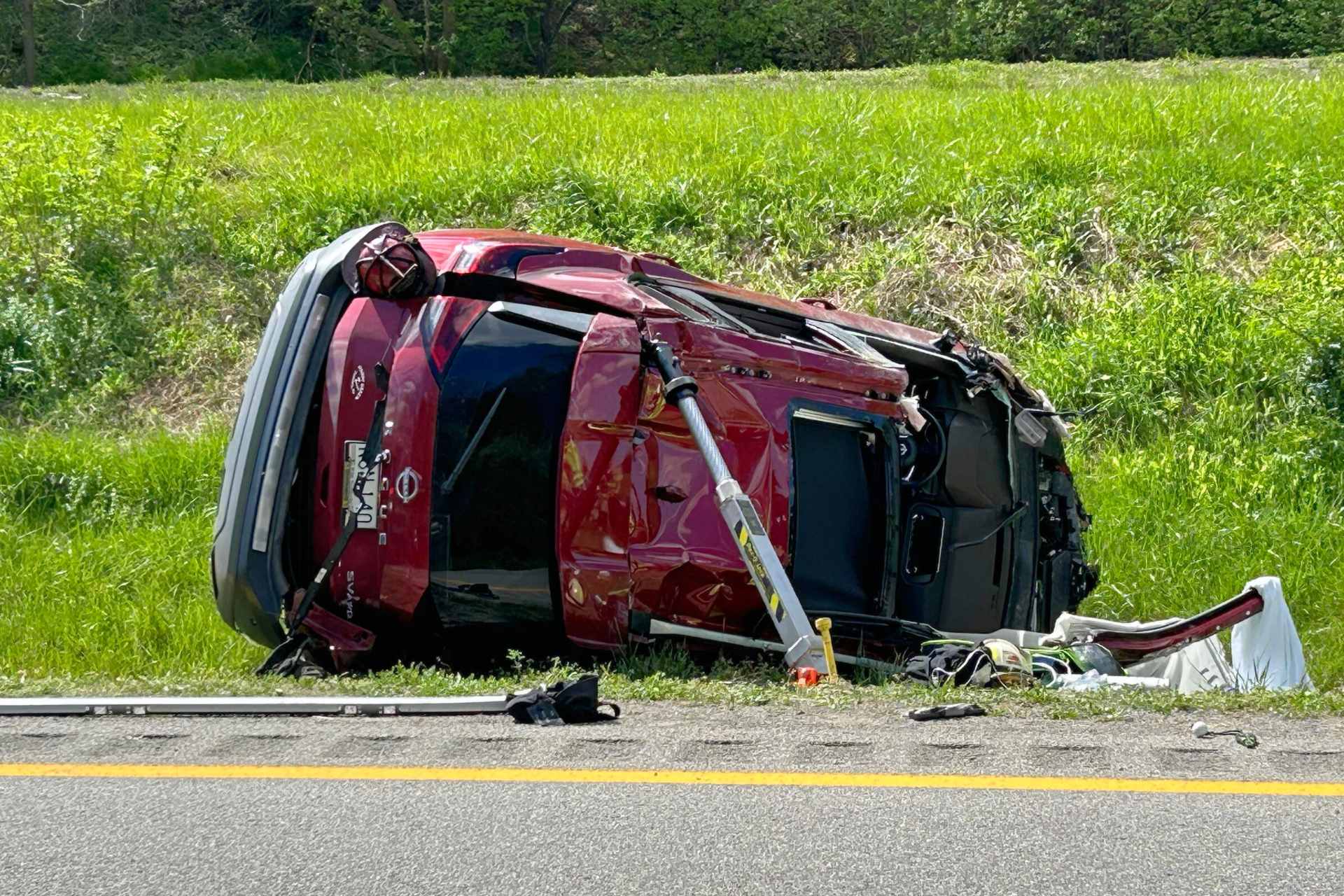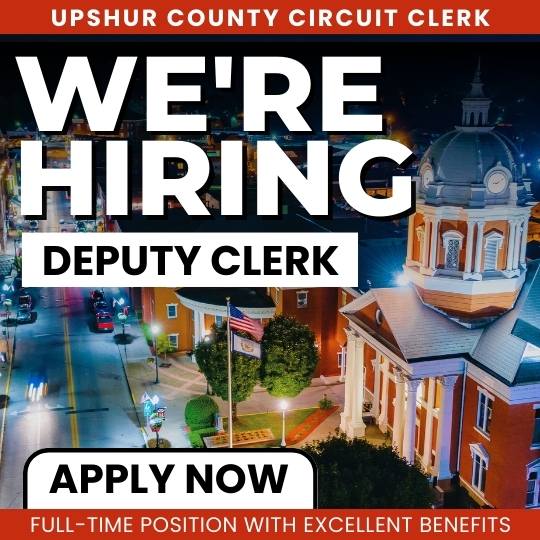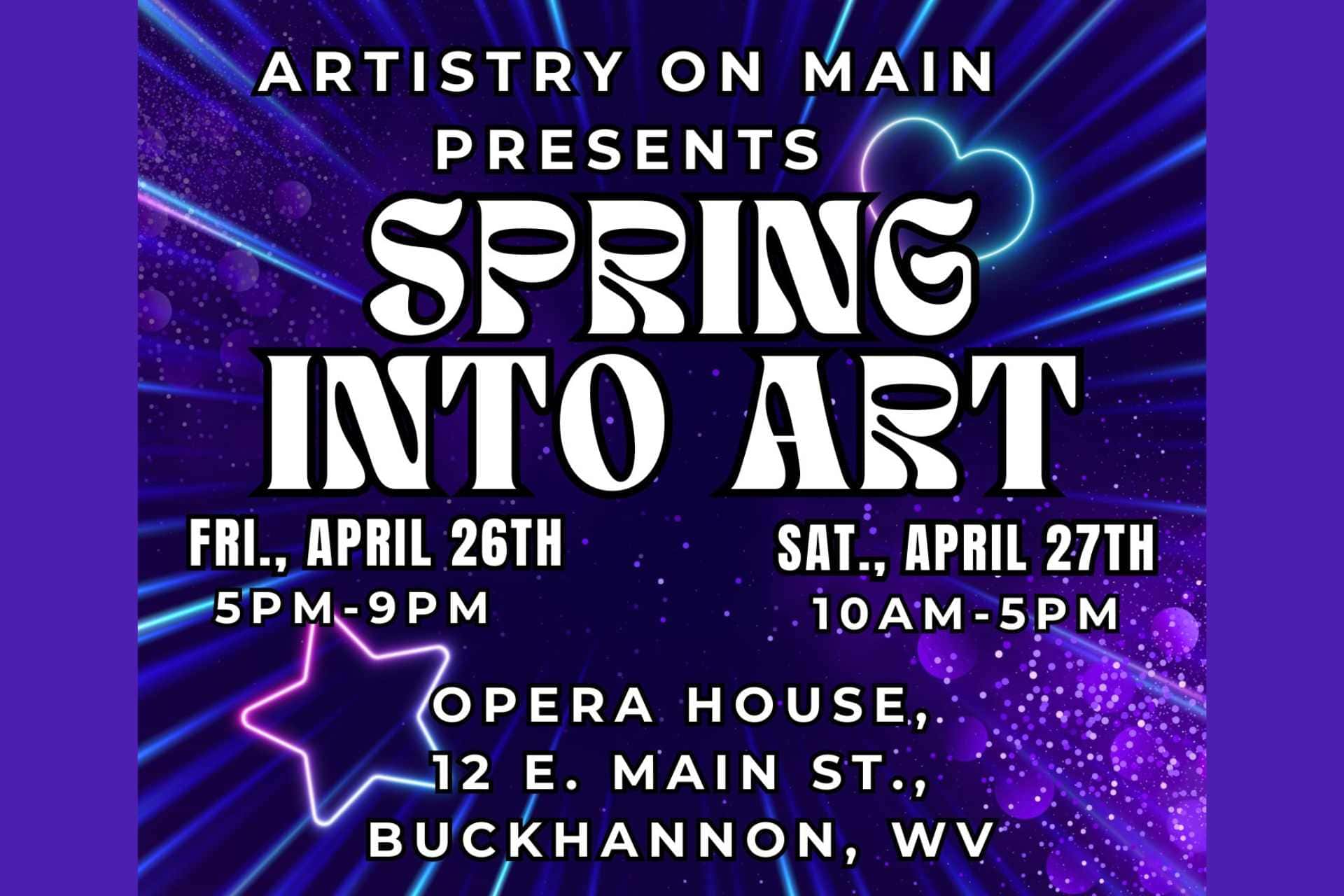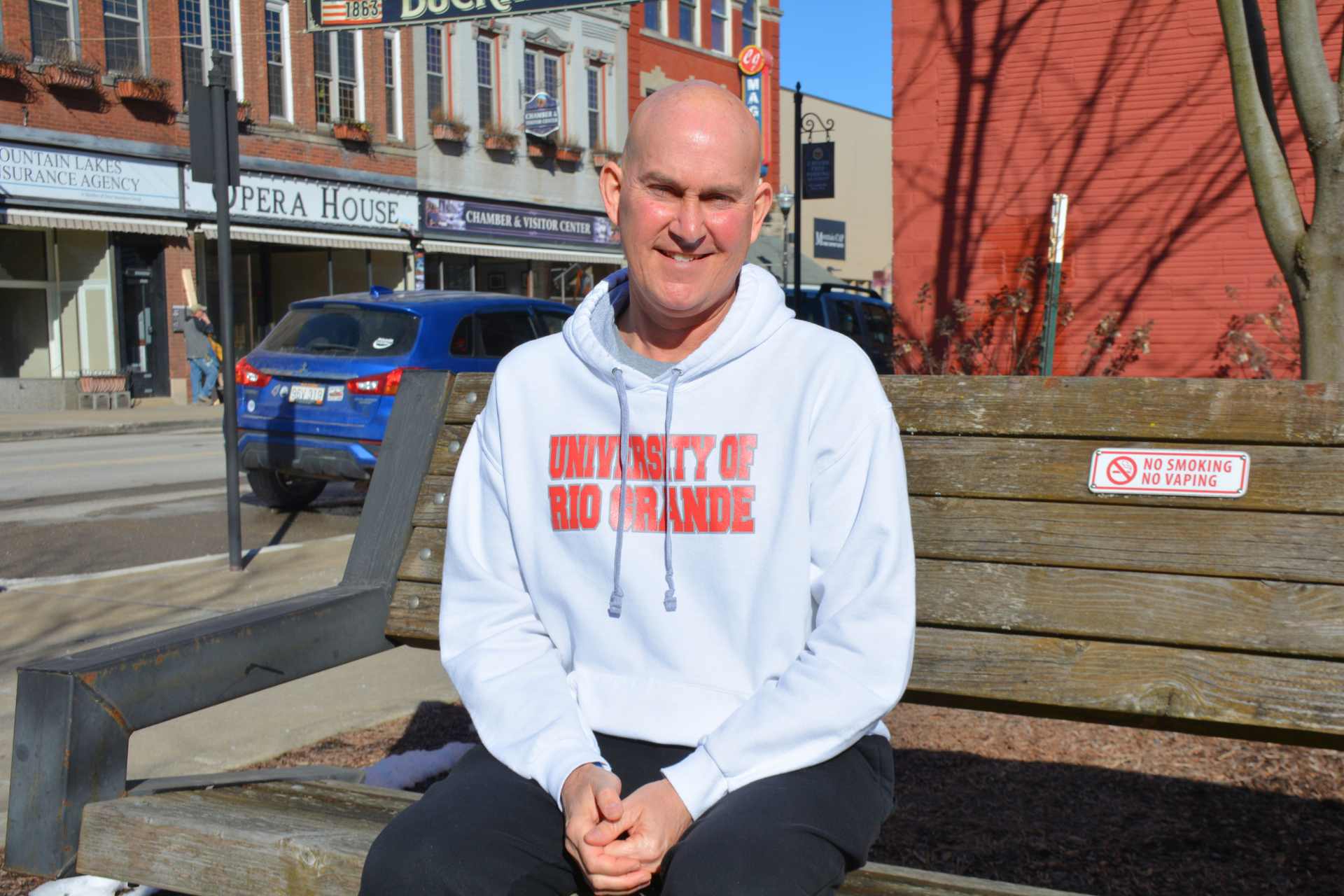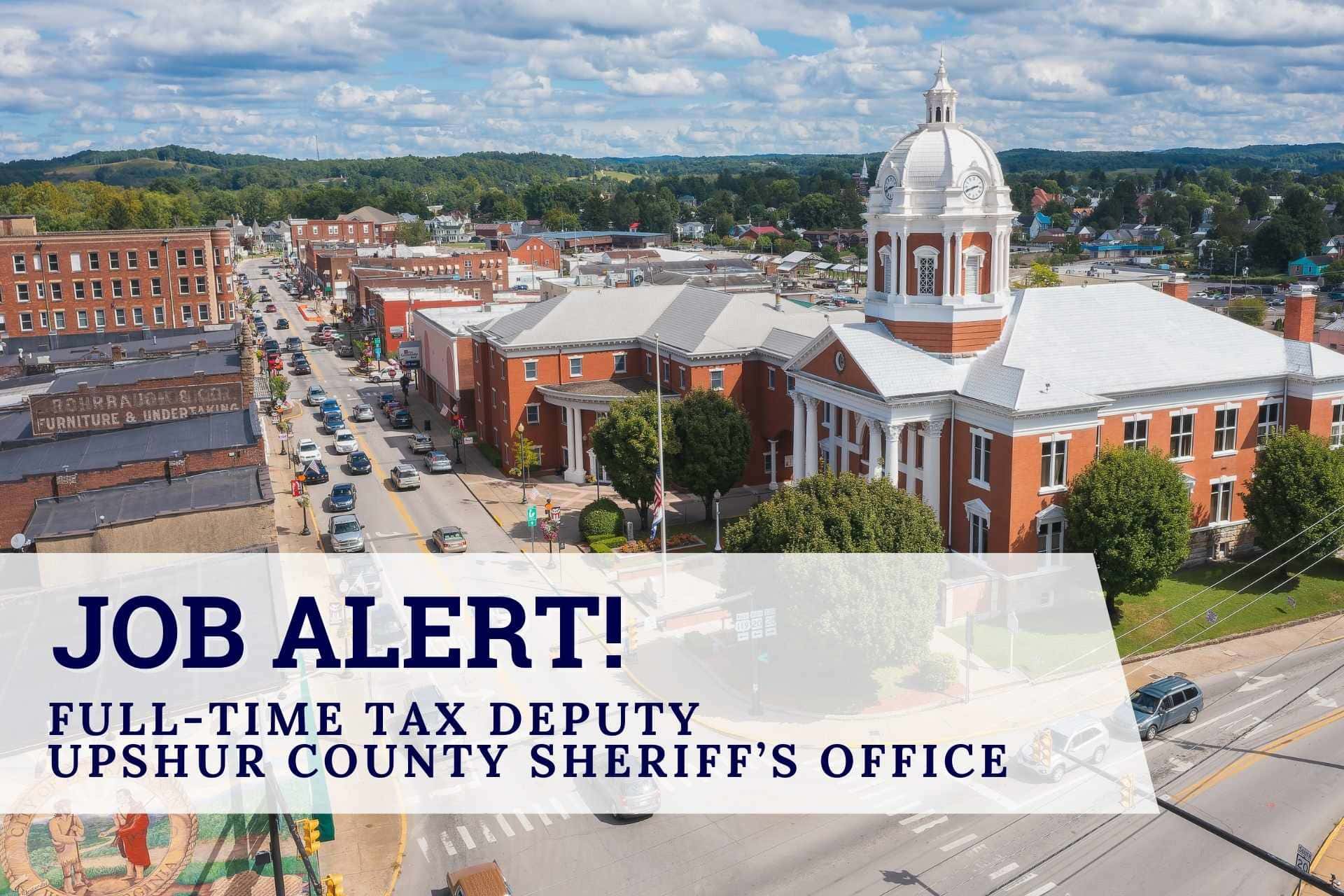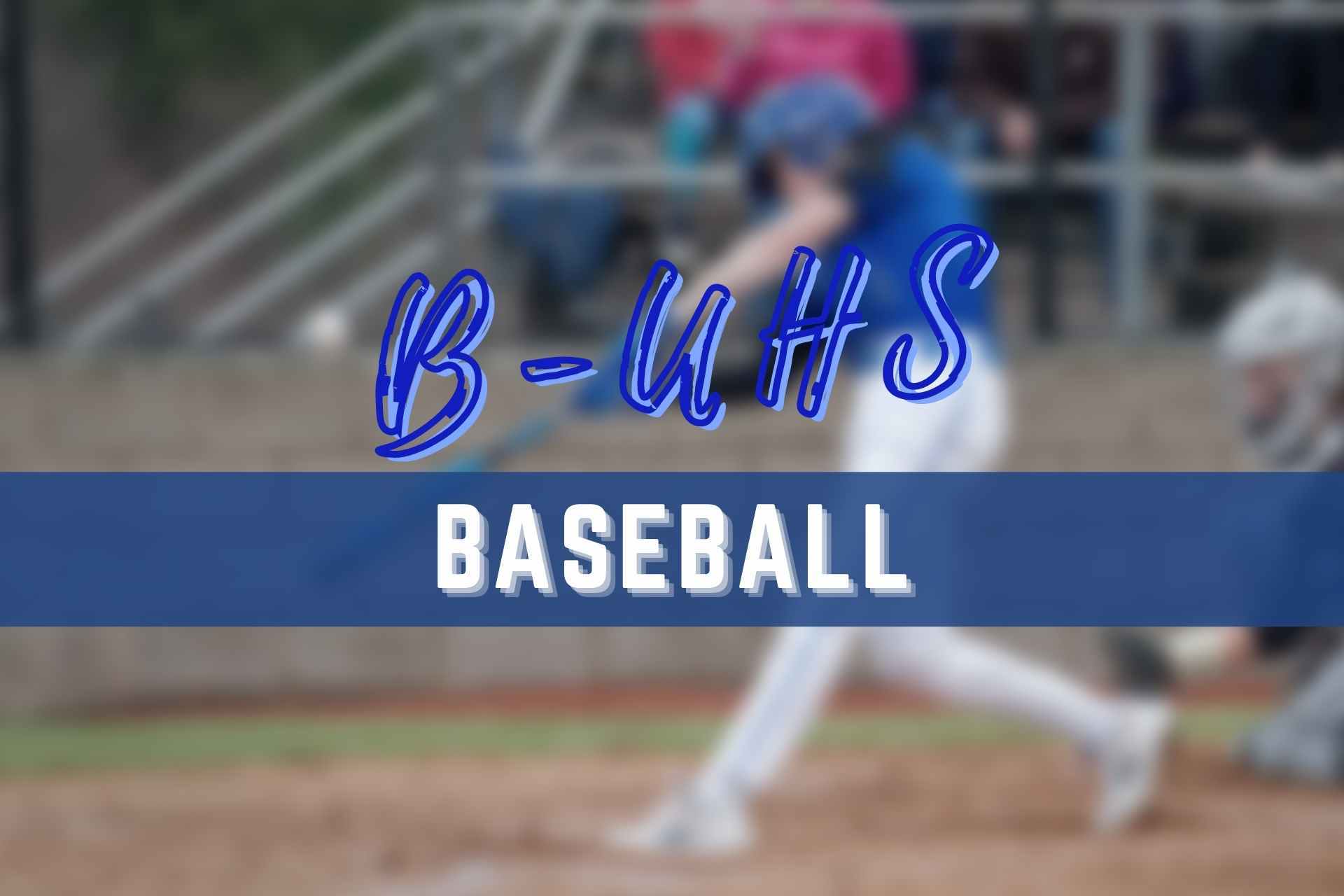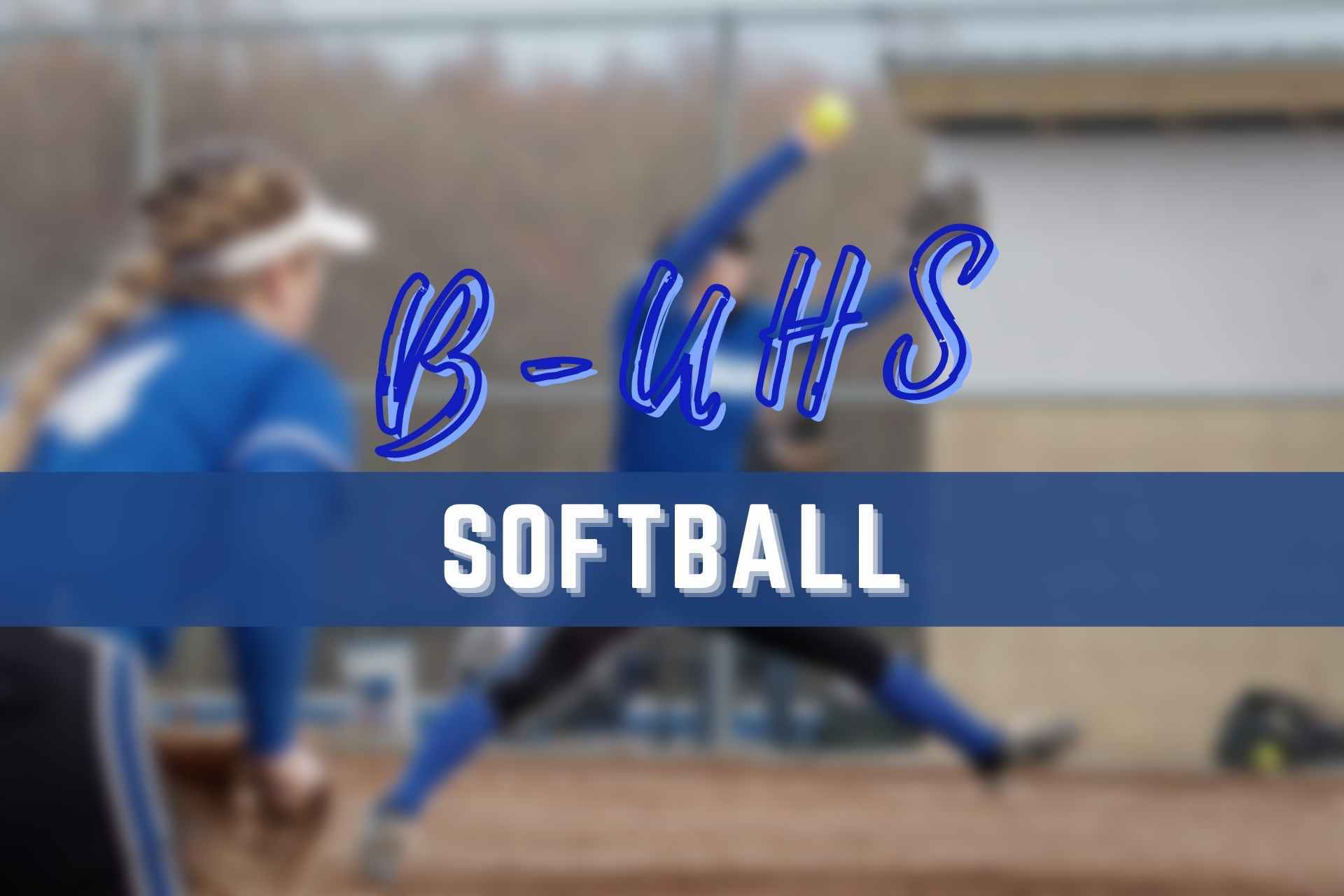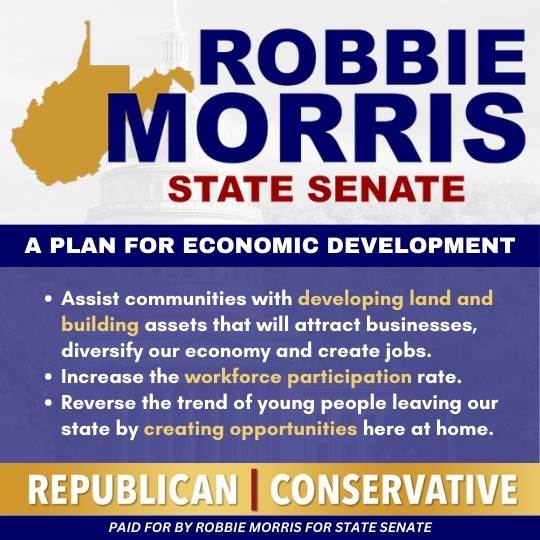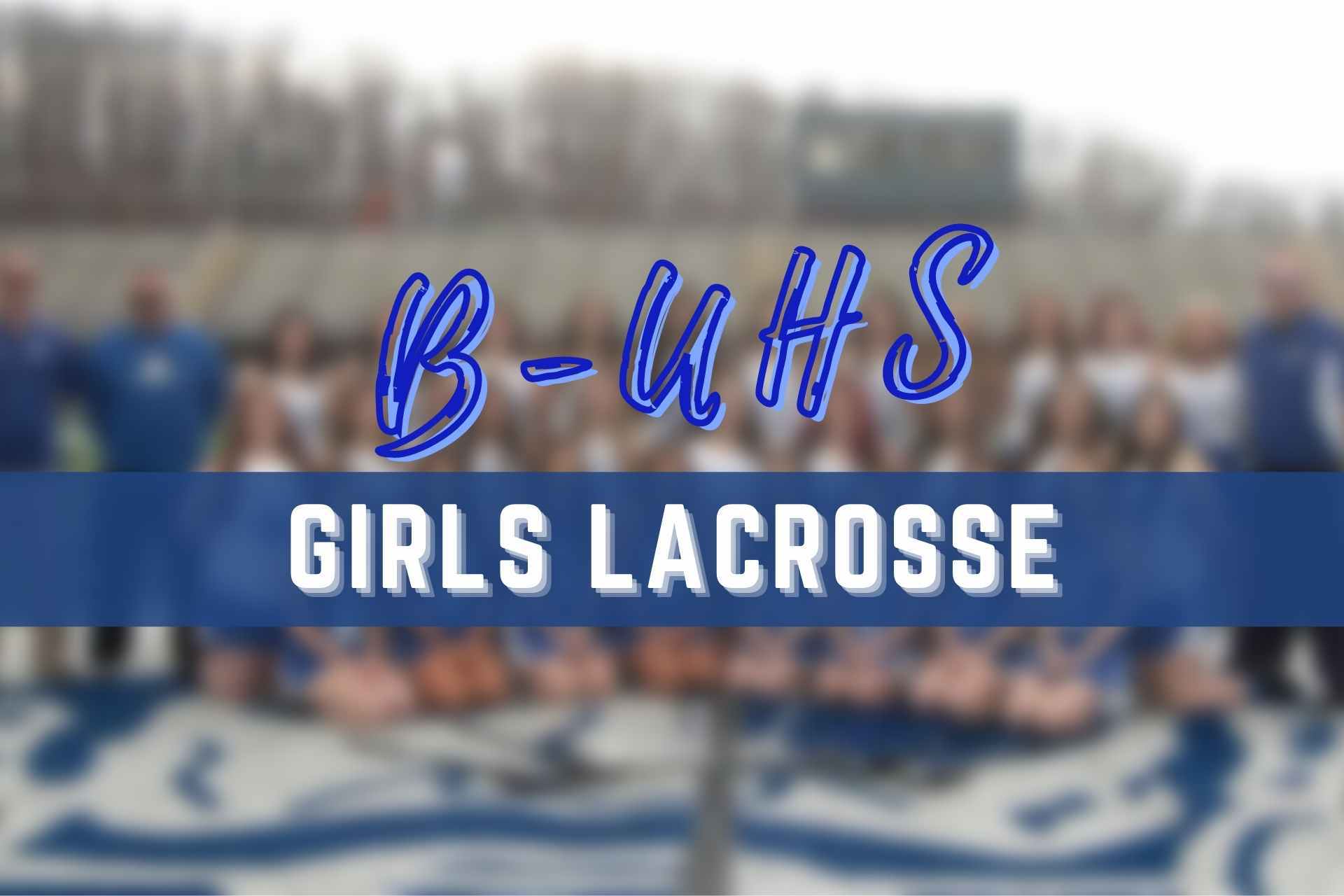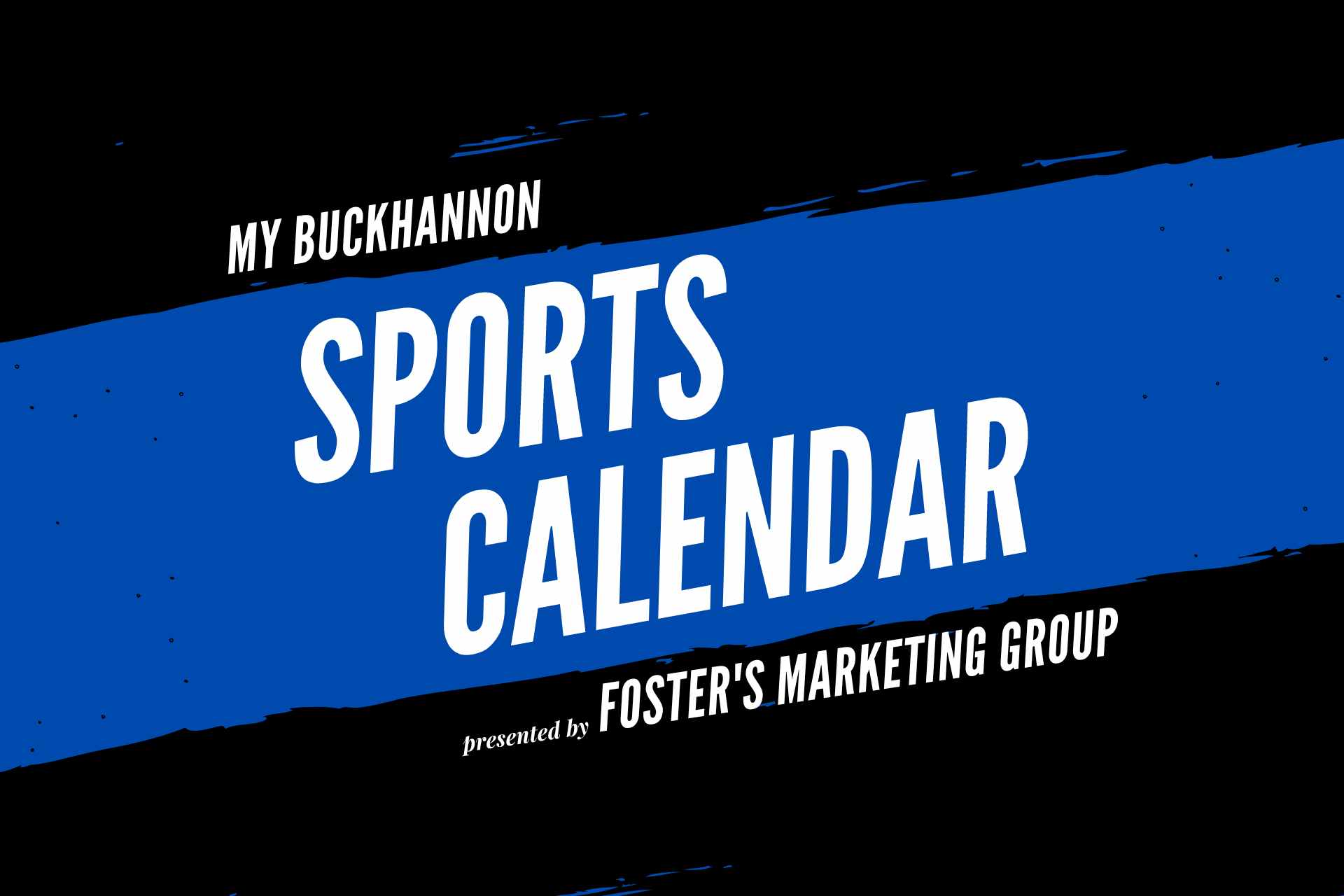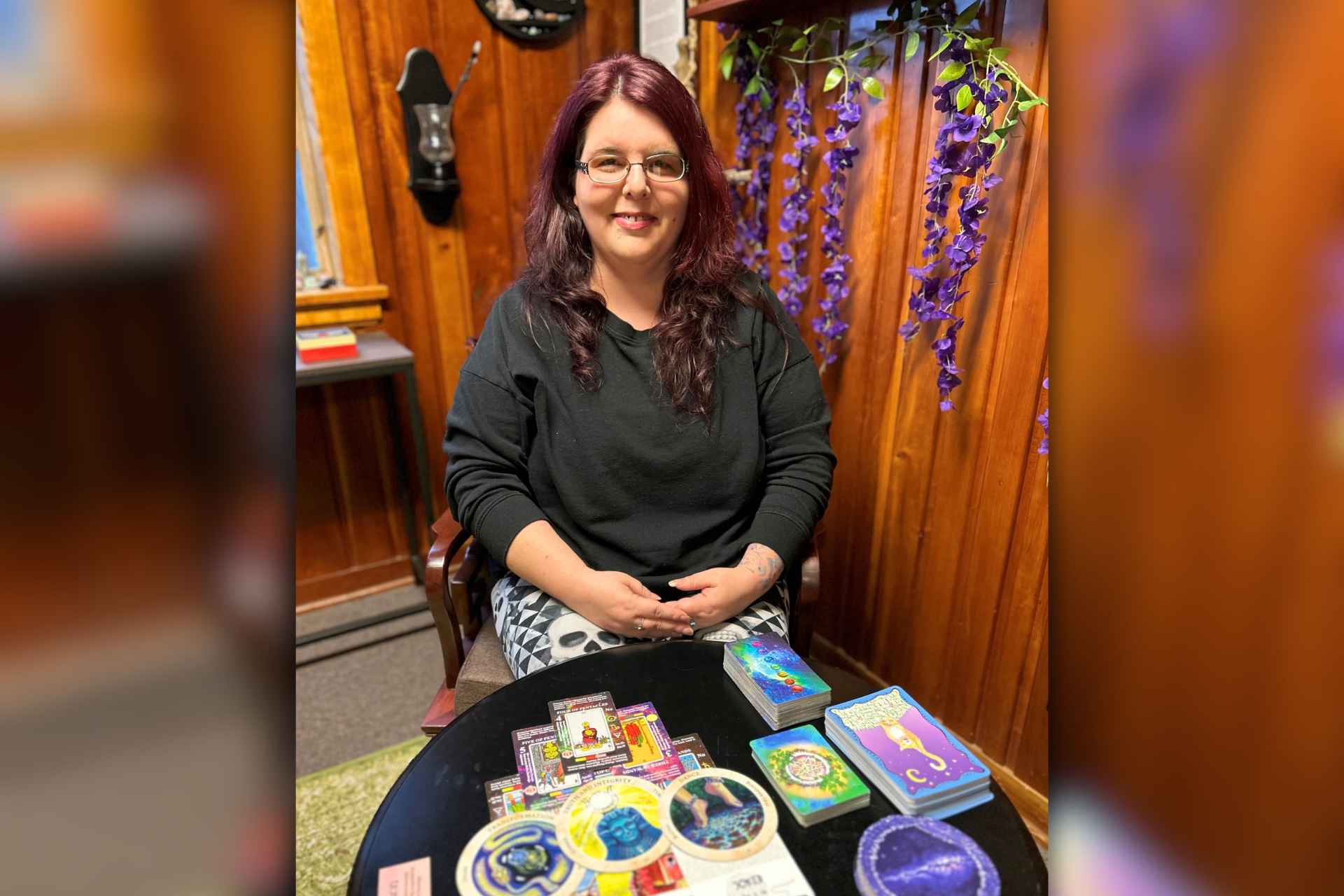CHARLESTON — Halloween is a beloved holiday tradition in America, with millions of people, young and old, working on their best costumes and gearing up for a night of candy and festivities. The evening also comes with parties and get-togethers, as well as an increase in drunk drivers on the roads.
To help spread the message that Buzzed Driving Is Drunk Driving, the West Virginia Governor’s Highway Safety Program (GHSP) is teaming up with the U.S. Department of Transportation’s National Highway Traffic Safety Administration (NHTSA) to remind everyone of the dangers of drunk driving. Drivers should be extra cautious on Halloween and Trick-or-Treat nights, as more pedestrians are out at night on the hunt for candy. If your night involves alcohol, plan for a sober ride home. Remember: It’s never safe to drink and drive.
Between 2015 and 2019, there were 126 drunk-driving fatalities on Halloween night (6 p.m. October 31 – 5:59 a.m. November 1). According to NHTSA, 41% of all people killed in motor vehicle crashes on Halloween night from 2015 to 2019 were in crashes involving a drunk driver. Adults between the ages of 21 and 34 had the highest percentage (62%) of fatalities in drunk-driving crashes on Halloween night in 2019.
“Even though Halloween is on a Sunday this year, we know there will be more parties, events, and get-togethers during the week leading up to and throughout the weekend. We know people are anxious to get back to normal this year after such events were canceled last year due to the pandemic. We want those who will celebrate with adult beverages to plan a sober ride home in advance,” said Bob Tipton, GHSP Director.
“Even one drink can impair judgement. The same is true for any illegal drug or certain prescription medications. You should never put yourself or others at risk because you made the wrong choice to drink and drive. Remember: Buzzed Driving Is Drunk Driving,” Tipton said.
Tragically, about one-third of all traffic crash fatalities in the United States involve drunk drivers (with blood alcohol concentrations at or above .08 grams per deciliter). In 2019, there were 10,142 people killed in drunk-driving crashes. Do not contribute to these senseless deaths by driving drunk this Halloween.
Drivers should also keep an eye out for pedestrians — whether they be children trick-or-treating or adults who have had too much to drink. Walking while intoxicated can also be deadly, as lack of attention to their surroundings could put pedestrians at risk of getting hit by a vehicle.
“Of course, we want people to have a fun night out on Halloween. But more importantly, we want people to be safe and make responsible choices,” Tipton continued. “There are many options available today to help drivers get home safely if they’ve been drinking or using drugs. We expect drivers to be responsible and refrain from driving after consuming an impairing substance.”
“The bottom line is: If You Feel Different, You Drive Different. Get a sober ride home, and keep all road users safe this Halloween weekend,” concluded Tipton.
Nationally, it is illegal to drive with a BAC of .08 or higher, except in Utah, where the limit is .05 g/dL. And the costs can be financial, too: If you’re caught drinking and driving, you could face jail time, lose your driver’s license and your vehicle, and it could cost you up to $10,000 in attorney’s fees, fines, car towing, higher insurance rates, and lost wages.
Celebrate with a Plan
If you plan to head out for a night of Halloween partying, follow these simple tips for a safe and happy evening:
- Remember that it is never okay to drink and drive. Even if you’ve had only one alcoholic beverage, designate a sober driver or plan to use public transportation or a ride service to get home safely.
- If one is available, use your community’s sober ride program.
- If you see a drunk driver on the road, contact local law enforcement.
- Do you have a friend who is about to drink and drive? Take the keys away and make arrangements to get your friend home safely.
Always remember: Buzzed Driving Is Drunk Driving. For more information, visit www.nhtsa.gov/risky-driving/drunk-driving.
For more information about the West Virginia Governor’s Highway Safety Program, visit www.dmv.wv.gov/ghsp or call 304-926-2509.
